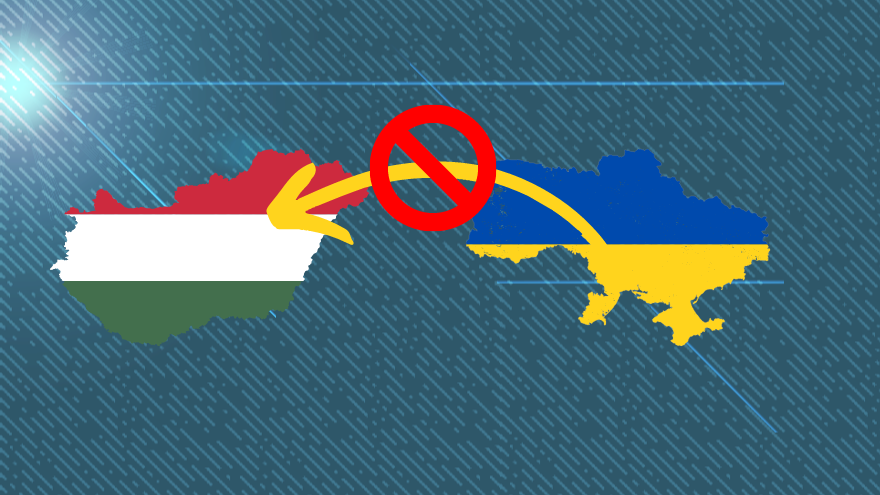The Hungarian government has added honey, meat, and other food items to a list of products that are temporarily not permitted to be imported from Ukraine in an effort to aid farmers.
The import ban is a reaction to Ukrainian agricultural products oversaturating the market and hurting Hungarian farmers’ livelihood. Similar steps have been taken in Poland, Slovakia and Bulgaria.
On April 16, Hungary announced it would pause the importation of grain and oilseeds from Ukraine until June 30. The government is also monitoring shipments coming from other countries to ensure they did not originate in Ukraine.
“We’ve seen in the last weeks and months that it has ruined the Hungarian agricultural market,” said Minister Gergely Gulyás, per AP News. “We are glad to help Ukraine, but we must see clearly that solidarity cannot ruin Hungarian farmers, the Hungarian economy and especially Hungarian agriculture.”
Poland announced on April 15 that it had banned the import of grain from Ukraine until June 3 as a defensive move aimed at protecting its agricultural industry.
"The increasing imports of agricultural products from Ukraine cause serious disturbances in the markets of our countries, great damage to producers and social unrest," said Polish agriculture minister Robert Telus on April 15 while speaking with his counterparts from Bulgaria, the Czech Republic, Romania, Slovakia and Hungary, per CBS News.
"We cannot accept a situation where the entire burden of dealing with increased imports rests mainly with farmers from our countries," Telus added.
The Ukrainian government responded to the import ban by expressing simultaneous sympathy for Polish farmers and frustration with the decision.
“Unilateral drastic actions will not accelerate positive resolution of the situation,” said Ukrainian Agriculture Minister Mykola Solsky, per The Guardian. Solsky added that “the Ukrainian farmer ... is in the most difficult situation.”
“We ask the Polish side to take this into account,” said Solsky.
Slovakia announced a similar import restriction on April 17.
Bulgaria released a list of 20 Ukrainian goods — including wheat, wheat flour, sunflower seeds and oil, corn, honey and bee products, milk, walnuts, hazelnuts, eggs, chicken meat, pork, sheep and goat meat — that are barred from being imported between April 24 and June 30. The ban also applies even if the goods are in transit to other countries, per Euractiv.
“We are forced to adopt this national measure, as the European authorities are still considering an adequate response to the changed circumstances to which they introduced the solidarity corridors,” said caretaker Prime Minister Galab Donev.
“We have production worth several billion, and if we do not take measures, we will suffer losses,” said Bulgarian Agriculture Minister Yavor Gechev.
Grain exports are a major source of income for the Ukrainian economy. After the nation was invaded by Russia in 2022, The European Union established “solidarity lanes” or transportation routes with no inspection requirements. This, in turn, permitted inexpensive Ukrainian grain to take over neighboring markets and undercut local farmers.
"Solidarity lanes aren't working. We have no effective tools controlling the transit," Andrzej Sadoś, Poland's Ambassador to the EU, told Politico on April 17. "We have in our silos some 4 million tons of Ukrainian grain and we need some time to stabilize the situation."

